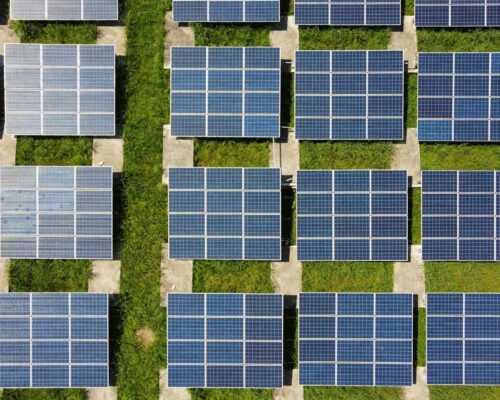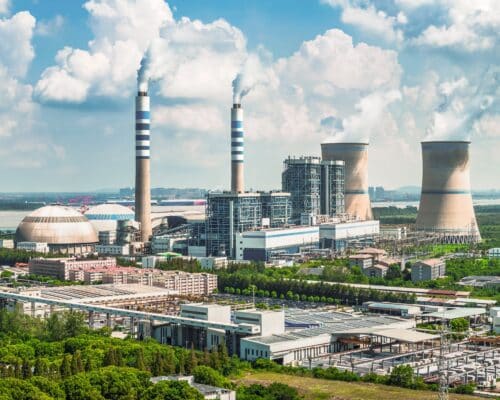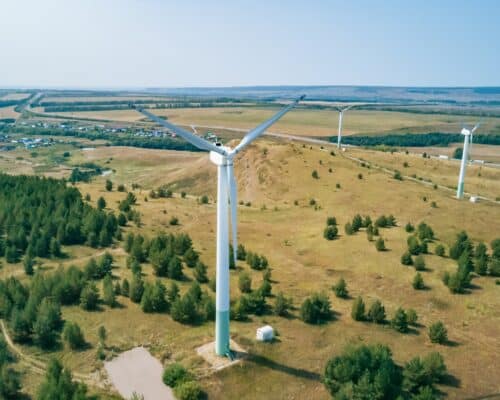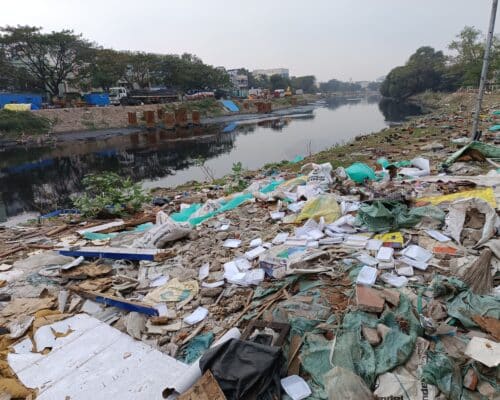Articles

The Global Cooksafe Coalition and the Mission to Accelerate the Switch From Gas to Sustainable Cooking
Cooking with gas is associated with health, climate and financial concerns. The mission of the Global Cooksafe Coalition is to help households worldwide overcome them by transitioning to electric and induction cooking.
Philippines’ Gas Development Plans Are Environmentally Destructive
The Philippines' drive to pivot to LNG imports and gas-to-power development is a step in the wrong direction. Pricing dynamics for the fuel along with its carbon emissions render those plans problematic at best. Renewables offer a better alternative.
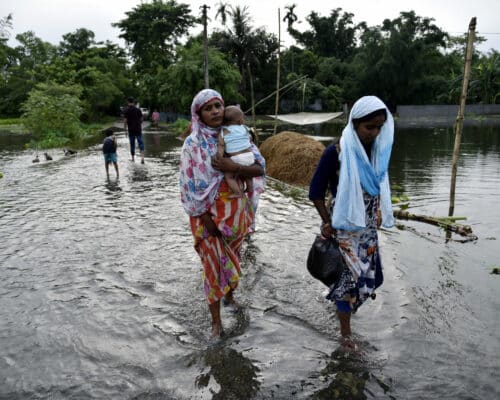
Climate Change In South Asia and the Reality of Loss and Damage
Climate change has taken a hefty toll on South Asia in 2022. While the sub-continent has always been prone to extreme weather events, the past year was especially dramatic.
What Are Debt for Nature Swaps?
As the world’s poorest countries struggle with record debt and climate change impacts, could debt-for-nature swaps be the answer?
Ocean Fertilisation: The New Way to Combat Climate Change?
Ocean fertilisation is the process of adding macronutrients to stimulate algae growth in the ocean. Algae utilise carbon in the ocean to perform photosynthesis. This process increases the quantity of carbon dioxide the ocean absorbs from the atmosphere. However, the technology is still under research, and there are currently several associated environmental concerns, like harmful algal blooms.
Why is LNG Not Ideal for the Indonesian Energy Transition?
Indonesia, a major LNG exporter, is diverting more cargoes for domestic consumption to help offset its overreliance on coal needed for power production. But, renewables offer a better economic and climate change mitigation option to help drive its growing economy.
Upcoming LNG Projects in Asia: The Outlook for 2023 and Beyond
Developing Asian countries have felt the financially-devastating consequences of relying on natural gas. Yet, they are planning for a massive buildout of LNG terminals – a move that will lock them in a future of stranded assets, high power costs and energy independence.
Debunking Japan’s ‘Clean Coal Technology’ Claim
Japan's clean coal ambitions have been criticised as another attempt to stall the country's clean energy transition and keep coal afloat.
Forest Plantation: Social, Environmental and Climate Impacts
Forest plantations are used to reforest areas that have previously been deforested, typically for the production of raw materials. Forest plantations generally have one or two tree species and do not mimic natural forests. As a result, they are not a direct solution to deforestation and lead to several harmful environmental impacts.
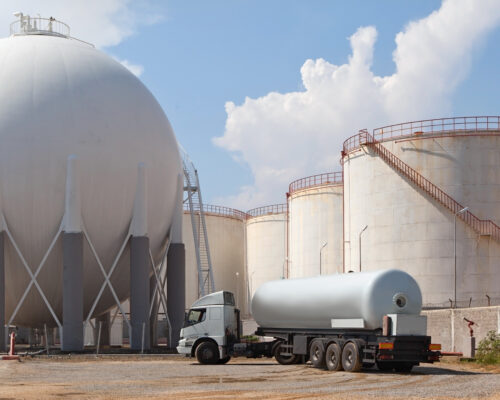
LNG’s Stranded Asset Risk in Asia: Warnings, Project Delays and Cancellations
Gas prices are projected to remain high for the next couple of years, while available volumes are to remain scarce. As a result, bringing new LNG projects online in Asia won’t get any easier and more delays and cancellations are potentially waiting around the corner.
Unaffordable Fuel Prices Stall Asia’s LNG Expansion
As high gas prices rock global markets, Asia is facing a permanent contraction in demand for LNG and looking toward other energy sources. Several LNG facilities across Asia could go underused or risk cancellation.
LNG Remains Too Volatile for India’s Energy Sector
India has been developing considerable LNG import infrastructure. However, high gas prices and carbon emissions are worrying issues.
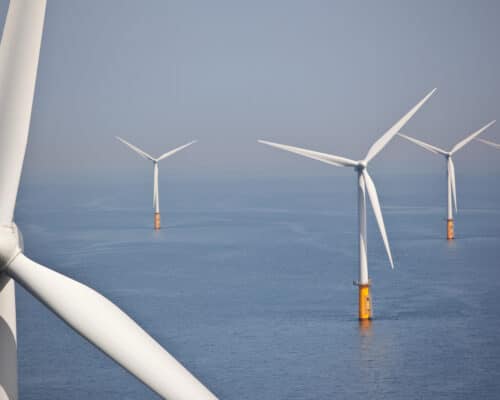
The Future of Renewable Energy Looks Brighter than Ever
IEA's Renewables 2022 report revealed that the world is planning for massive clean energy capacity expansion. The findings are even more ambitious than the agency's last year report.
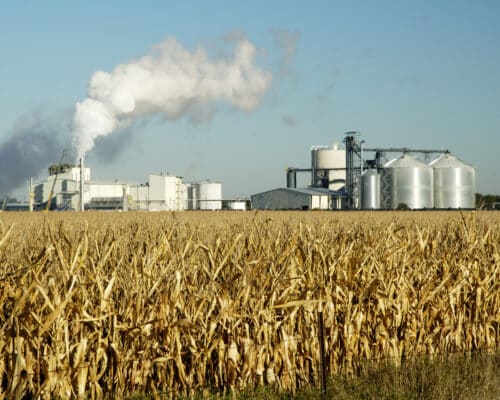
Is Biofuel Renewable? The Ongoing Debate
Biofuels are made from organic matter, which is either directly farmed for biofuel production or collected from biomass waste. This makes biofuels renewable. Additionally, plant growth and combustion are carbon neutral. However, biofuel production requires many outside inputs that release carbon dioxide and impact the environment. Will biofuels play an important role in the world's energy transition?
Most Popular
Most Popular
Categories
-
10
-
34
-
126
-
4
-
17
-
46
-
52
-
11
-
10
-
15
-
24
-
6
-
1
-
5
-
6
-
280
-
199
-
17
-
24
-
1
-
1
-
23
-
41
-
44
-
87
-
18
-
86
-
41
-
17
-
11
-
43
-
53
-
86
-
295
-
22
-
44
-
36
-
10
-
42
-
36
